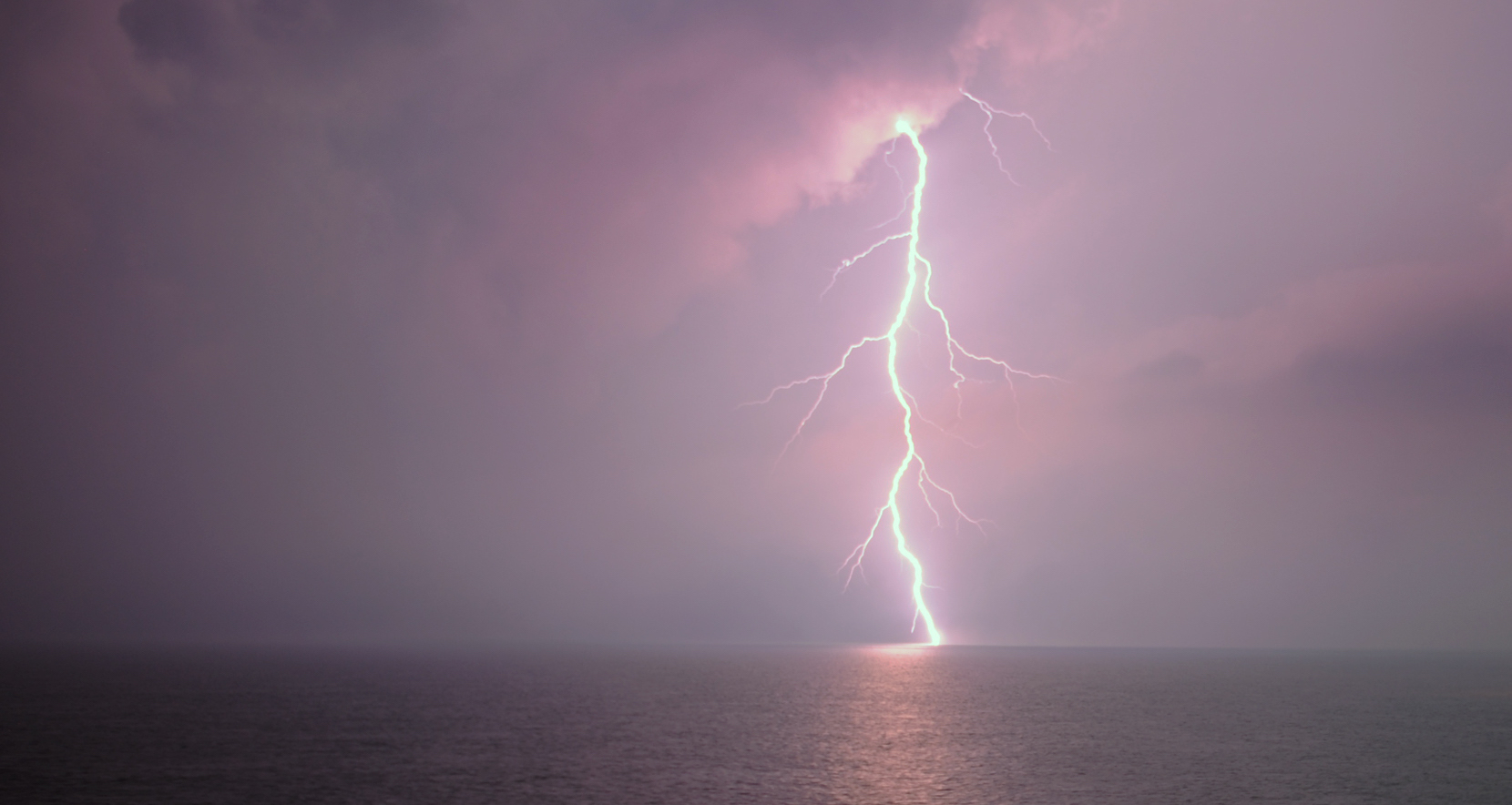
Shortly before his death, the writer and spiritual teacher Carlos Castaneda was interviewed over lunch in Los Angeles. The interviewer, Michael Ventura, describes a moment during the meal…
A woman at the table said she loved her job, her husband, and her child, but still she felt a lack — it was that she had no spiritual life. How could she achieve a spiritual life?
Answering this woman, Carlos didn’t change the lightness or generosity of his manner; yet a steely thing came into his voice, a tone that made his words pierce all of us. He said that when she got home at night she should sit in her chair and remember that her child, her husband, everyone she loved, and she herself, were going to die — and they would die in no particular order, unpredictably. “Remember this every night, and you’ll soon have a spiritual life.”…
Later in the conversation this woman asked how she could discipline herself to follow his advice, deeply follow it, so that it wouldn’t be just an exercise. Carlos said: “You give yourself a command.”
On the page there’s no duplicating how he said it. He spoke quietly, but it was as though he’d suddenly jammed a knife into the tabletop.“What’s that mean?” one of us asked.
“It means you give yourself a command.” And that was that.
A command is not a promise. A command is not “trying.” A command is something that must be obeyed. His tone invoked something deeper than the idea of mere will. His was a call to action. He wasn’t talking about mulling or meditating or analyzing or wishing. To step on the path you step on the path. There is no substitute for that.
At times, spirituality can feel spontaneous and effortless. Change and insight can seem to happen to us. However, just as often, it requires effort, will, a command. Applying effort skillfully is an art. As we bear down and turn against our automatic habits, it can feel as though we are walking off a cliff or sealing a dismal fate. To violate the behavioral rules which kept us safe in early life is, to the timeless parts of our nervous system, tantamount to death.
With our logic, a clear narrative about what’s actually happening, and a loving and courageous leap, we say the thing, express the need, hold the gaze, go in for the kiss, quit the job, end the marriage, speak up once and for all for those smallest and most vulnerable parts of our psyches.
To expect that these authentic moments will be accomplished without effort, or without fear, is to buy into a fantasy. Meditating with difficult emotions, understanding our history in therapy, journaling, dance, art, music—whatever your psycho-spiritual cocktail—it is a practice not only in the sense that it must be routinely maintained but also in the sense that it is a preparation for a different way of being in life which must be deliberately chosen (especially in the early stages) as we navigate the world. We must be willing to move toward fear. We must be willing to give up what feels familiar. We must be willing not to know, to feel disoriented, to come to terms with rejection and abandonment.
Only with this willingness can we fully and bravely thrust ourselves toward what matters most. To step on the path you step on the path. There is no substitute for that.

9pstbd
6393wk
ws974t
kv4zik
rp1hb8
5zqkfr
ba15oa
6gi16a
rymh14
j18724
4t3juk
fm4rzv
uhrehr
iaoh3m
ibpxgo
ckcofo
xjg5oo
bbkira
z6dzxb
a15fhk
73coie
sr3e1m
lb48vc
4i63ud
gm1li1